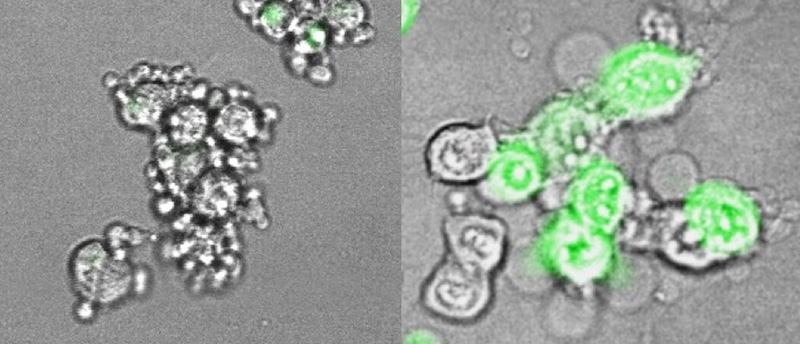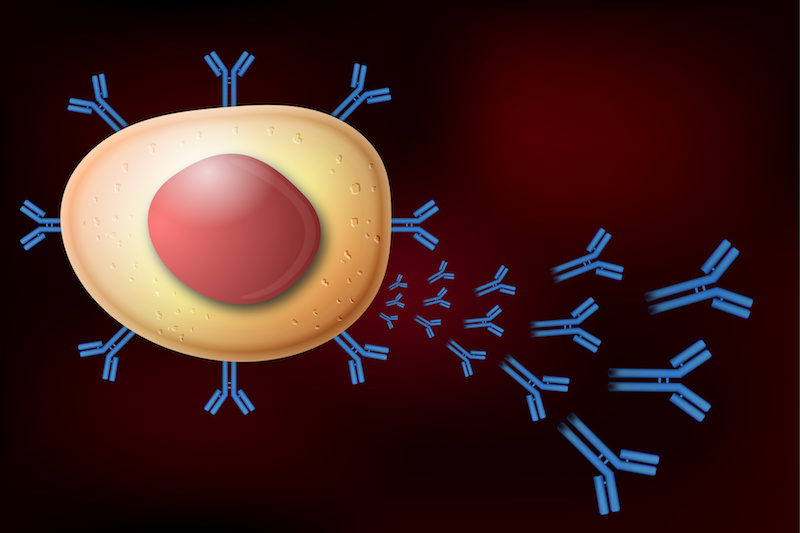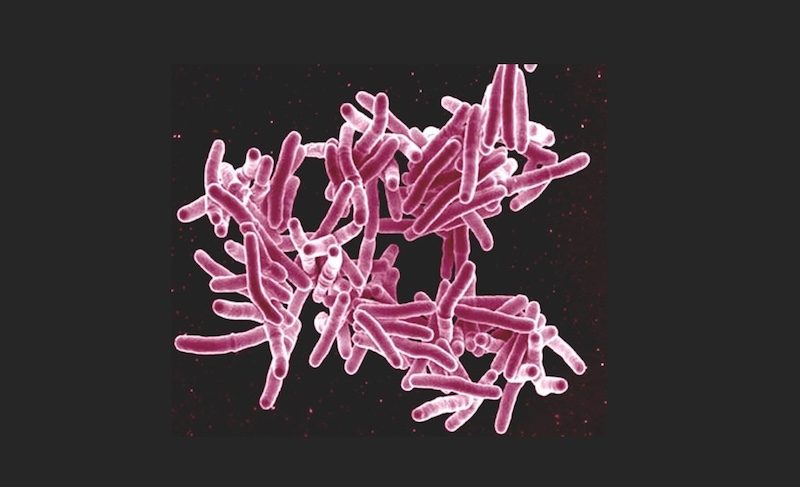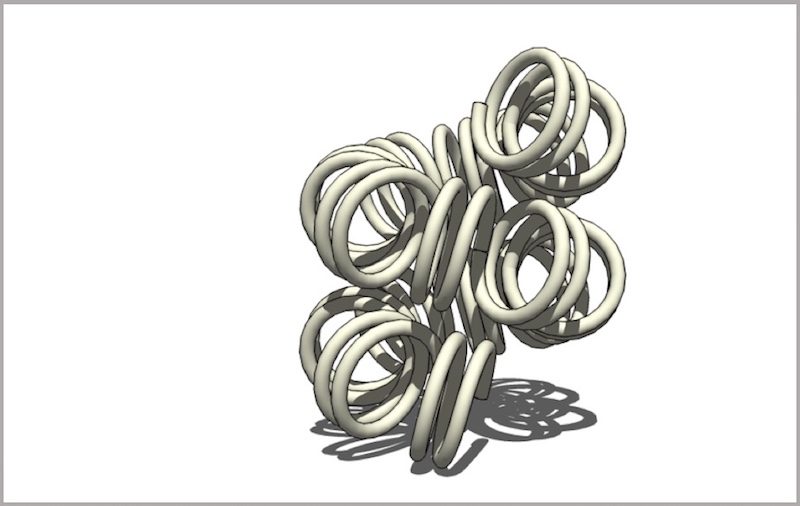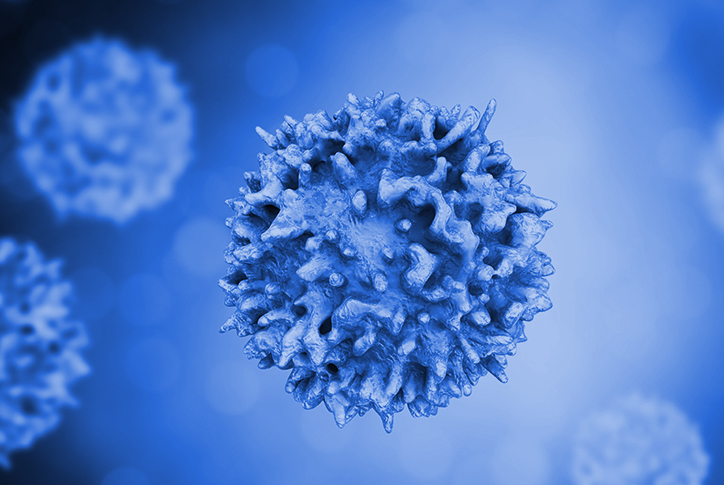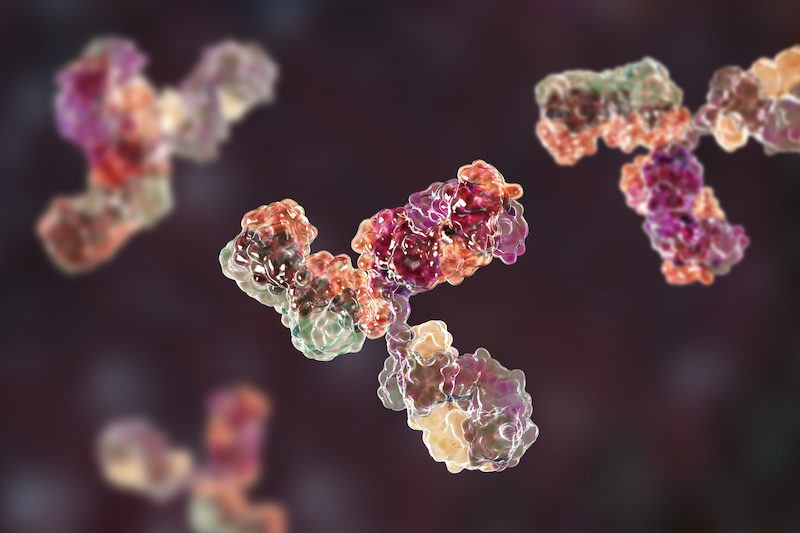Archive for cellular and molecular medicine
Tracking an organism’s development, cell by cell
A new mouse model allows scientists to track every cell in the body — from the embryo stage until adulthood. The system is the first of its kind and should yield a greater understanding of development, aging, and disease. Scientists described it last week in the journal Cell. “The dream of many developmental biologists for ... Read More about Tracking an organism’s development, cell by cell
How the new coronavirus gets into respiratory tissue — and may exploit one of our defenses
What makes SARS-CoV-2, the virus behind COVID-19, such a threat? A new study, led by Jose Ordovas-Montanes, PhD, at Boston Children’s Hospital and Alex K. Shalek, PhD, at MIT, pinpoints the likely cell types the virus infects. Unexpectedly, it also shows that one of the body’s main defenses against viral infections may actually help the ... Read More about How the new coronavirus gets into respiratory tissue — and may exploit one of our defenses
A drug treatment for telomere diseases?
For years, Donna Martin carried a piece of scrap paper with the words “dyskeratosis congenita,” which she believed might explain her son Brad’s sudden, mysterious affliction. A routine blood test had revealed Brad’s bone marrow was failing, unable to keep up with his need for healthy blood cells. His condition, Donna knew, would worsen over ... Read More about A drug treatment for telomere diseases?
Gasdermin E: A new approach to cancer immunotherapy
Tumors have figured out various ways to prevent the immune system from attacking them. Medicine, for its part, has fought back with cancer immunotherapy. The major approach uses checkpoint inhibitors, drugs that help the immune system recognize cancer cells as foreign. Another method, CAR T-cell therapy, directly engineers peoples’ T cells to efficiently recognize cancer ... Read More about Gasdermin E: A new approach to cancer immunotherapy
Going into science: Women scientists at Boston Children’s offer advice to girls
In honor of the International Day of Women and Girls in Science (February 11), we invited women scientists at all stages of their careers at Boston Children’s Hospital to share their scientific agendas. Here is some of what they had to say. The scientists also offered their advice for girls interested in entering the field. ... Read More about Going into science: Women scientists at Boston Children’s offer advice to girls
Tagged: autism, blood, brain tumor, cancer, cellular and molecular medicine, epigenetics, epilepsy, family partnerships, genetics and genomics, hematology, hiv and aids, imaging, metabolism, neuroscience, newborn medicine, prematurity, psychiatry, pulmonology, rare disease, stem cells, traumatic brain injury
Protecting against HIV by tricking the immune system
In making an HIV vaccine, a major goal is to stimulate production of broadly neutralizing antibodies that can fight multiple strains of the frequently changing virus. To date, experimental HIV vaccines haven’t been able to induce these kinds of antibodies. In fact, the immune system actively stops their production, seeing them as a threat. Another ... Read More about Protecting against HIV by tricking the immune system
Boosting host immune defenses to treat tuberculosis
Current treatment regimens for Mycobacterium tuberculosis (Mtb), the causative agent of tuberculosis, are long, complex, and hard for people to sustain. Moreover, the bacteria often develop drug resistance, and many people harbor multi-drug-resistant strains. In 2018 alone, nearly 1.5 million people died from tuberculosis worldwide. Now, a study in iScience suggests a new approach that ... Read More about Boosting host immune defenses to treat tuberculosis
Unlocking antibody diversity: chromatin loops, V(D)J recombination, and class switching
A new study from the laboratory of Frederick Alt, PhD, of the Program in Cellular and Molecular Medicine (PCMM) at Boston Children’s Hospital reveals yet another way in which chromatin regulation — changing the configuration of our DNA and its packaging — enables our immune systems to produce its wide-ranging arsenal of antibodies. In September in the ... Read More about Unlocking antibody diversity: chromatin loops, V(D)J recombination, and class switching
Targeting a rogue T cell prevents and reverses multiple sclerosis in mice
Multiple sclerosis is an autoimmune disease affecting both adults and children. It’s driven by “helper” T cells, white blood cells that mount an inflammatory attack on the brain and spinal cord, degrading the protective myelin sheath that covers nerve fibers. But there are many different kinds of T helper cells, and up until now, no ... Read More about Targeting a rogue T cell prevents and reverses multiple sclerosis in mice
How new loops in DNA packaging help us make diverse antibodies
Diversity is good, especially when it comes to antibodies. It’s long been known that a gene assembly process called V(D)J recombination allows our immune system to mix and match bits of genetic code, generating new antibodies to conquer newly encountered threats. But how these gene segments come together to be spliced has been a mystery. ... Read More about How new loops in DNA packaging help us make diverse antibodies





